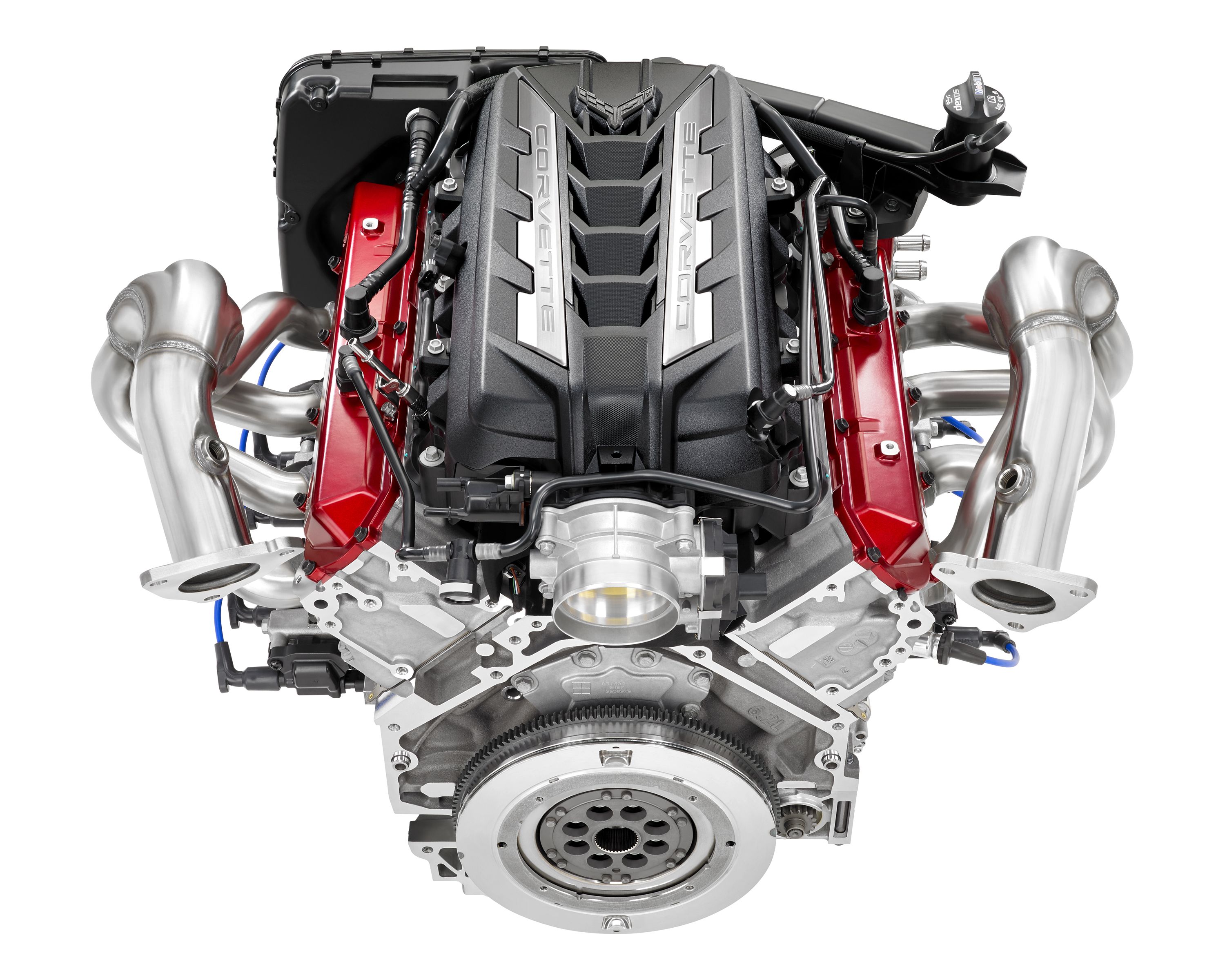Discover Sturdy and Efficient Products from Engines For Africa
A Full Guide to Selecting the Right Engine for Your Project
Choosing the proper engine for your project is an essential choice that can dramatically affect its general success. Each of these elements plays an essential function in making sure that your chosen engine not only satisfies immediate purposes but also aligns with long-term desires.
Define Your Task Needs
Specifying your job needs is a crucial action in choosing the appropriate engine for effective application. An extensive understanding of your project's purposes will direct you in identifying the attributes and capacities required from an engine. Begin by outlining the scope of your project, consisting of the desired functionality, target market, and the certain end results you intend to accomplish.
Following, think about the technical needs that align with your job objectives. This includes reviewing the compatibility of the engine with existing systems, in addition to the shows languages and frameworks that will be made use of. Additionally, evaluate the level of scalability called for to suit future growth or adjustments popular.
Budget plan restrictions also play a crucial role in defining your project requires. Develop a clear financial structure to assist your decision-making procedure, guaranteeing that the engine picked fits within your spending plan while offering the needed capability.
Evaluate Efficiency Needs

Next, consider the scalability of the engine. Evaluate whether it can manage increased workloads as your job grows. Engines that sustain horizontal scaling are commonly better for bigger applications. In addition, evaluate the engine's performance under various problems, such as peak use situations, to ensure it fulfills your reliability standards.
Take Into Consideration Ease of Usage
While technical specs are essential, the simplicity of usage of an engine can substantially influence the growth process and general job success. An user-friendly interface, clear documentation, and streamlined operations can significantly reduce the understanding contour for designers, enabling them to concentrate on imagination and analytical as opposed to grappling with facility tools.
When evaluating an engine's convenience of use, take into consideration the onboarding experience. A well-structured intro, complete with tutorials and sample tasks, can facilitate a smoother change for new customers. In addition, the quality and comprehensiveness of the engine's documents play a critical function; extensive guides and API recommendations can empower designers to fix and execute attributes effectively.
An engine that allows for very easy modifications can be more easy to use, as designers can customize it to fit their details needs without comprehensive headache. Ultimately, choosing an engine that prioritizes convenience of usage can lead to a more efficient and enjoyable growth experience.
Assess Neighborhood and Support
The stamina of an engine's neighborhood and assistance network can considerably affect a designer's experience and success. A dynamic neighborhood commonly suggests a wealth of common expertise, resources, and troubleshooting aid that can improve your job's development process. When examining an engine, think about the size and activity level of its neighborhood. Larger areas typically offer extra discussion forums, tutorials, and third-party plugins, allowing developers to locate remedies much more successfully.
Furthermore, examine the availability of main support networks. Trusted documentation, receptive consumer support, and normal updates are necessary for dealing with technological problems and keeping your job on track. Engines For Africa. Active communities additionally foster partnership, offering possibilities for networking and feedback, which can be very useful, particularly for small teams or independent programmers
Furthermore, check out the presence of community-run events, such as meetups or hackathons. These events can improve your understanding of the engine while connecting you with prospective partners and experienced individuals. In recap, a robust area and support group not only improve advancement yet also create an atmosphere conducive to finding out and advancement, ultimately boosting the likelihood of your project's success.
Compare Expense and Licensing Options
Budget considerations play a critical role in picking the ideal engine for your job, as the expense and licensing choices can substantially influence read here both temporary expenditures and lasting stability. Engines For Africa. Different engines provide varying pricing structures, which can include one-time purchase fees, membership designs, or revenue-sharing agreements based on your project's earnings

Licensing options additionally vary substantially. Some engines are open-source, using versatility and community-driven support, while others may require exclusive licenses that limit use and circulation. Comprehending the ramifications of each licensing design is crucial, as it find more information influences possession rights, future scalability, and potential lawful obligations.
Verdict
Finally, choosing the proper engine for a job necessitates an extensive analysis of specified task requirements, performance demands, ease of use, community assistance, and expense factors to consider. By methodically dealing with these essential aspects, decision-makers can make certain positioning with both current and future job needs. An educated choice inevitably boosts the probability of project success, enabling effective resource allotment and taking full advantage of prospective results within the specified budgetary restrictions.
Picking the proper engine for your project is an important Look At This choice that can dramatically impact its total success.Defining your task needs is a critical step in picking the suitable engine for effective implementation. An extensive understanding of your project's objectives will certainly lead you in recognizing the capacities and attributes called for from an engine.When you have a clear understanding of your job requires, the following step is to evaluate the performance requirements of the engine.In final thought, picking the suitable engine for a project demands an extensive analysis of defined project needs, performance demands, simplicity of usage, area support, and expense factors to consider.